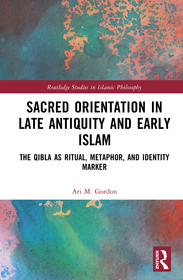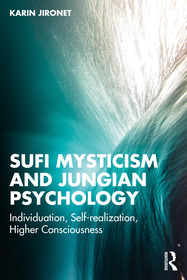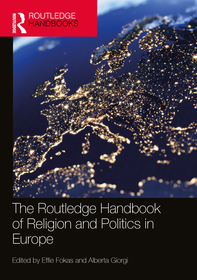
After January: Kazakhstan's Journey Through Identity and Geopolitics
Sorozatcím: Palgrave Series in Asia and Pacific Studies;
-
12% KEDVEZMÉNY?
- A kedvezmény csak az 'Értesítés a kedvenc témákról' hírlevelünk címzettjeinek rendeléseire érvényes.
- Kiadói listaár EUR 117.69
-
48 811 Ft (46 487 Ft + 5% áfa)
Az ár azért becsült, mert a rendelés pillanatában nem lehet pontosan tudni, hogy a beérkezéskor milyen lesz a forint árfolyama az adott termék eredeti devizájához képest. Ha a forint romlana, kissé többet, ha javulna, kissé kevesebbet kell majd fizetnie.
- Kedvezmény(ek) 12% (cc. 5 857 Ft off)
- Kedvezményes ár 42 954 Ft (40 909 Ft + 5% áfa)
Iratkozzon fel most és részesüljön kedvezőbb árainkból!
Feliratkozom
48 811 Ft

Beszerezhetőség
Még nem jelent meg, de rendelhető. A megjelenéstől számított néhány héten belül megérkezik.
Why don't you give exact delivery time?
A beszerzés időigényét az eddigi tapasztalatokra alapozva adjuk meg. Azért becsült, mert a terméket külföldről hozzuk be, így a kiadó kiszolgálásának pillanatnyi gyorsaságától is függ. A megadottnál gyorsabb és lassabb szállítás is elképzelhető, de mindent megteszünk, hogy Ön a lehető leghamarabb jusson hozzá a termékhez.
A termék adatai:
- Kiadó Springer Nature Singapore
- Megjelenés dátuma 2025. október 2.
- Kötetek száma 1 pieces, Book
- ISBN 9789819687374
- Kötéstípus Keménykötés
- Terjedelem101 oldal
- Méret 210x148 mm
- Nyelv angol
- Illusztrációk V, 101 p. Illustrations, black & white 700
Kategóriák
Hosszú leírás:
"
This book explores how Kazakhstan has navigated its identity and geopolitical relationships since the January 2022 protests and the Russian-Ukrainian crisis. What began as a study of Soviet legacy in Kazakhstan shifted focus when major events in 2022 altered the country's internal politics and regional standing.
We trace Kazakhstan's complex history with Russia from the incorporation of Kazakh nomadic territories into the Russian Empire through the Soviet era to today's complex relationship. The Soviet policies of collectivization and sedentarization dramatically transformed traditional Kazakh society, with devastating consequences like the Asharshylyk famine that continue to shape national memory and identity.
The book examines Kazakhstan's development under Presidents Nazarbayev and Tokayev, looking at how their ""social contract"" prioritized economic growth and stability over political freedoms. We provide a detailed look at the January 2022 protests, their aftermath, and Tokayev's subsequent reform agenda aimed at political modernization.
In the shadow of the Russian-Ukrainian crisis, we show how Kazakhstan walks a diplomatic tightrope—maintaining necessary ties with Russia while avoiding Western sanctions and developing new partnerships, especially with Turkic states. Using postcolonial theory, we analyze how historical power dynamics continue to influence Kazakhstan's search for identity and place in the world.
Through five chapters, we offer readers a window into Kazakhstan's evolving sense of self, its changing relationships with global powers, and the potential for Pan-Turkism to provide a complementary alliance to Russian-dominated regional frameworks.
Tartalomjegyzék:
"
Chapter 1. Introduction.- Chapter 2: Conflicting Narratives: Two Approaches To Understanding Kazakhstan's Soviet Past.- Chapter 3: Shifting Dynamics: Kazakhstan And Russia In The Post-2022 Landscape.- Chapter 4: Soviet Nostalgia And Attitudes Toward Russia Before And After 2022.- Chapter 5: In Pursuit Of Eurasian And Pan-Turkic Alliances.
" Több






